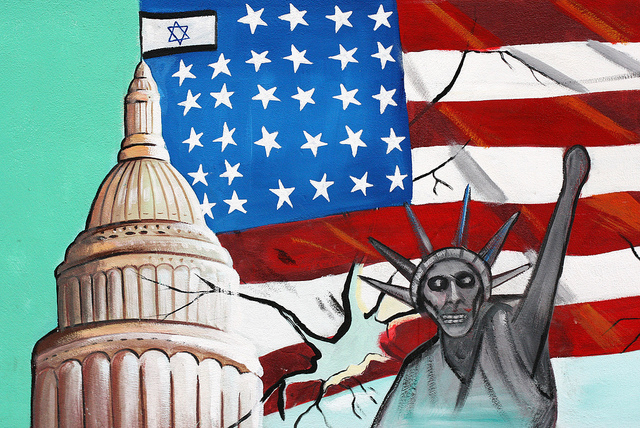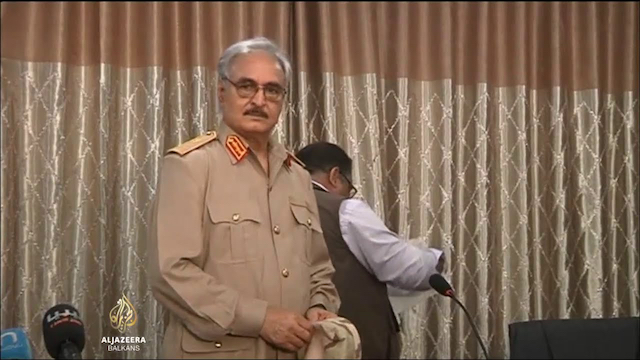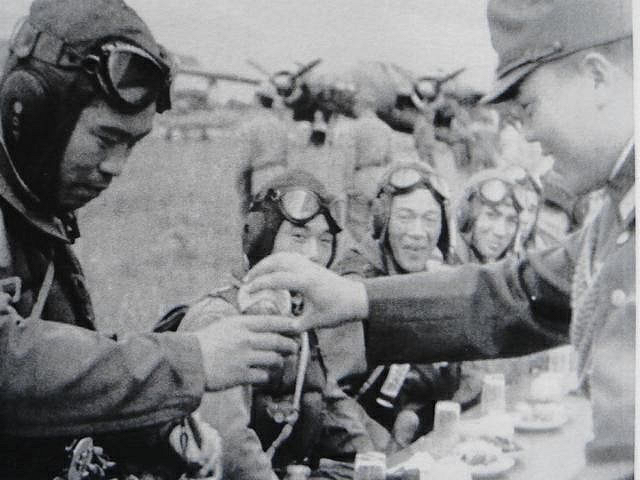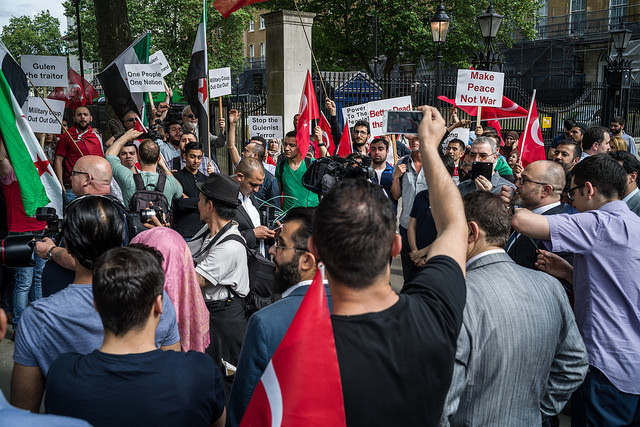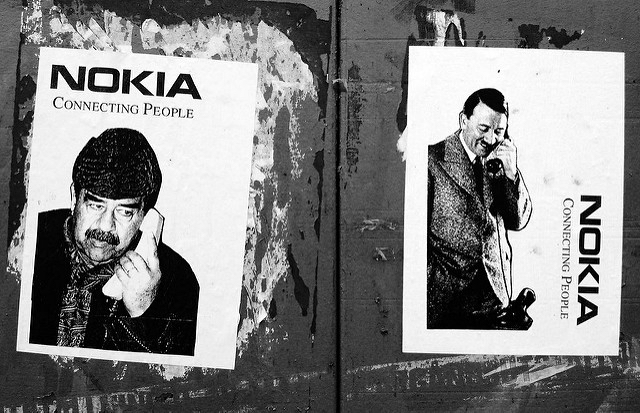Following the first Gulf War, the United States focused on preventing security and economic disruptions by Iran and Iraq, as their bitter rivalry throughout the 1980s shook the Persian Gulf region, threatening global energy supplies, and international shipping lanes. (More…)
Author: Paul MutterPaul Mutter is a foreign policy blogger on leave from the NYU Arthur L. Carter Institute of Journalism. He contributes to PBS Tehran Bureau, The Arabist, Mondoweiss, Truthout, Salon and Foreign Policy in Focus. He primarily writes about US foreign relations, Israeli politics and the Persian Gulf region.
Paul Mutter is a foreign policy blogger on leave from the NYU Arthur L. Carter Institute of Journalism. He contributes to PBS Tehran Bureau, The Arabist, Mondoweiss, Truthout, Salon and Foreign Policy in Focus. He primarily writes about US foreign relations, Israeli politics and the Persian Gulf region.
The American intelligence community got two things out of the dusty Chadian hamlet of Ouadi Doum in Chad during the Reagan Administration. One was a Soviet-built Mi-25 Hind gunship left behind by the Libyan invaders, ferried out in 1987 for the military to take apart and study. (More…)
In his magisterial War Without Mercy, John Dower convincingly describes how prewar anti-Japanese feelings were driven by populist American fears of Japanese immigration and actual military contingency planning, though military planners consistently underestimated the Japanese in racist terms. (More…)
The United States has always approached political Islam in a contradictory manner. Since the 1950s, when Washington first made common cause with anti-Communist religious leaders, US policy towards the Mideast has been characterized by a disconnect between rhetoric and politics, particularly in matters concerning Islamist mobilization. (More…)
Islamic State’s retreat from the Turkish border, and the arrest of multiple suicide bombers trying to cross over to hit Turkish targets this weekend, shows that the group’s strategy is changing rapidly. With Turkey still a source of illegal funds and recruits, ISIS nonetheless appears much less concerned with maintaining a “live and let live” approach with the security forces. (More…)
In his first edition of Ideology and U.S. Foreign Policy, Yale’s Michael H. Hunt hoped that in describing the primacy of ideological assumptions in foreign policymaking, he could contribute to the post-Vietnam critique of American overreach in world affairs (More…)
Spreading the American Dream is about the folklore of capitalism on a global stage. Or as an article in The National Interest once pithily described the mentality: “the multilingual, globe-trotting, advanced-degree holding, CNN-watching, Hilton Hotel-staying, international organization-employed cadres who go from trouble spot to trouble spot imposing the neoliberal state- and nation-building agenda on recalcitrant and often ungrateful natives.” (More…)
The notion of the gem or ore prospector occupies a certain romanticism in literature, and even historical non-fiction of gold rushes past. For American audiences, a rugged individualism is the norm, and even during the heyday of Soviet extractive resource development in Siberia, concessions were made to individual initiative to encourage the miners (the ones who weren’t forced labor, anyway). (More…)
“Twitter, schmitter!” were Turkish President Recep Tayyip Erdoğan’s dismissive words in March 2014. He promised government would “wipe out” all privately owned social media networks, in particular, Twitter, which he then (unsuccessfully) banned. (More…)
The long-expected military move against the AKP had finally arrived this past weekend, but unlike previous Turkish coups, events turned against the putschists rapidly. The counter-coup marked an unprecedented national defense of Turkey’s electoral process. (More…)
Today, the British government is finally releasing the long-awaited Chilcot inquiry on the UK’s role in the lead-up to the Second Gulf War, and the occupation that followed. (More…)
In April and May 2014, anti-government paramilitaries overran first Crimea and then moved quickly into eastern Ukraine, doing so with the backing and organization of the Russian armed forces and intelligence community. As the late Boris Nemtsov outlined in his report on “Putin’s War” in Ukraine, the groundwork was well-laid to take advantage of the post-Maidan chaos. (More…)
